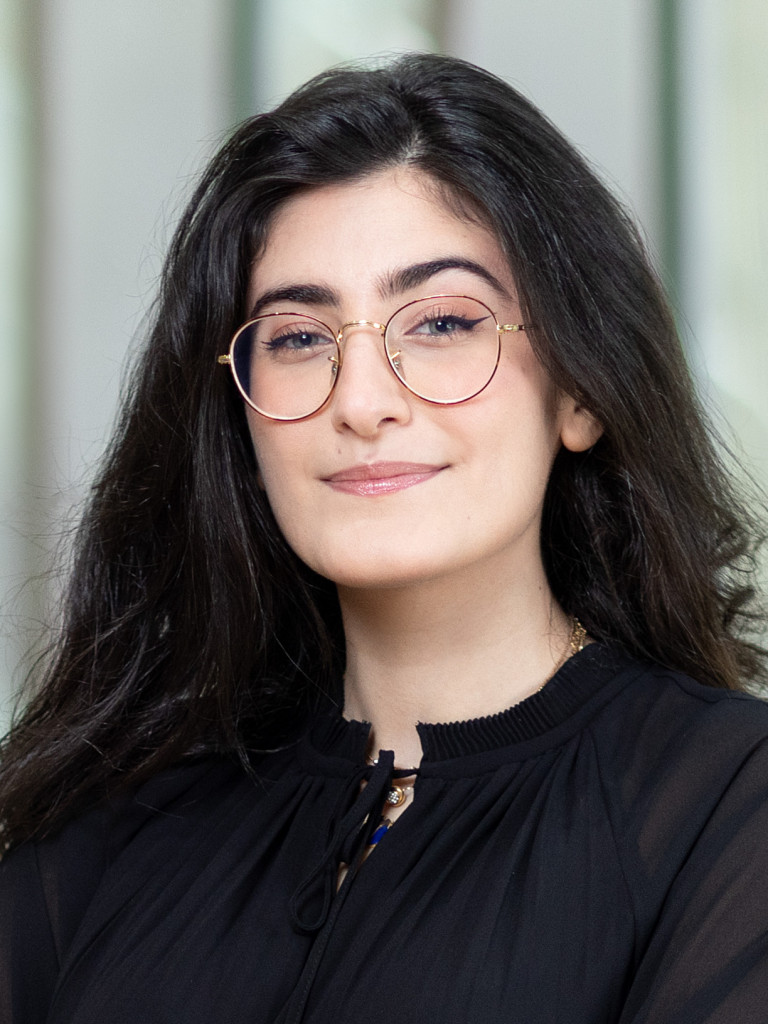About the project
This research project aims to advance synthetic cell technology by developing synthetic constructs that mimic the structural and functional characteristics of biological cells. Focusing on the interaction between condensates and polymeric membranes, the project seeks to induce and control specific transformations in artificial cells. By leveraging polymer science, the team will manipulate the composition, morphology, and topology of these cells, facilitating dynamic behaviours such as membrane fusion, deformation, patterning, and division. Employing a combination of polymer synthesis, condensate dynamics studies, and advanced imaging techniques, the project intends to deepen our understanding of membrane-condensate interactions and develop new artificial cell designs.
The project will include secondments at Max Planck Institute of Colloids and Interfaces in Germany (Dimova group), the University of Santiago De Campostela in Spain (Montenegro group), University of Cambridge in UK (Di Michele group), and the University of Surrey in the UK (Guido group).
Selected References
- A. Mangiarotti and R. Dimova, Biomolecular condensates in contact with membranes, Annu. Rev. Biophys. 53, 319-341 (2024); https://doi.org/10.1146/annurev-biophys-030722-121518
- Contini, R. Pearson, L. Wang, L. Messager, J. Gaitzsch, L. Rizzello, L. Ruiz-Perez and G. Battaglia. Bottom-up evolution from disks to high-genus polymersomes. iScience, 7,132-144, 2018, https://doi.org/10.1016/j.isci.2018.08.018
- A.S. Joseph, C. Contini, D. Cecchin, S. Nyberg, L. Ruiz-Perez, J. Gaitzsch, G. Fullstone, J. Azizi, J., Preston, G. Volpe and G. Battaglia. Chemotactic synthetic vesicles: Design and applications in bloodbrainbarrier crossing. Science Advances, 2017, 3 (8), e1700362 DOI: 10.1126/sciadv.1700362
Doctoral Candidate: Zain Raef

Zain completed her undergraduate studies in Chemistry at New York University Abu Dhabi, UAE, where she began exploring interdisciplinary approaches to biomedical challenges. She went on to earn an MSc in Nanotechnology and Regenerative Medicine at University College London, UK. Her early research focused on developing optimized nanocarrier-based drug delivery systems for lung cancer therapy improving targeting efficacy and encapsulation.
Building on this, her master’s research investigated how blood proteins interact with nanocarriers and influence their uptake and behavior at cellular membranes. These projects strengthened her expertise at the interface of chemistry, nanotechnology, and medicine, and shaped her interest in building translational solutions that address the limitations of conventional models and therapies.
Hosted by:
Claudia Contini
Imperial College London, UK
Department of Life Sciences
profiles.imperial.ac.uk/c.contini

